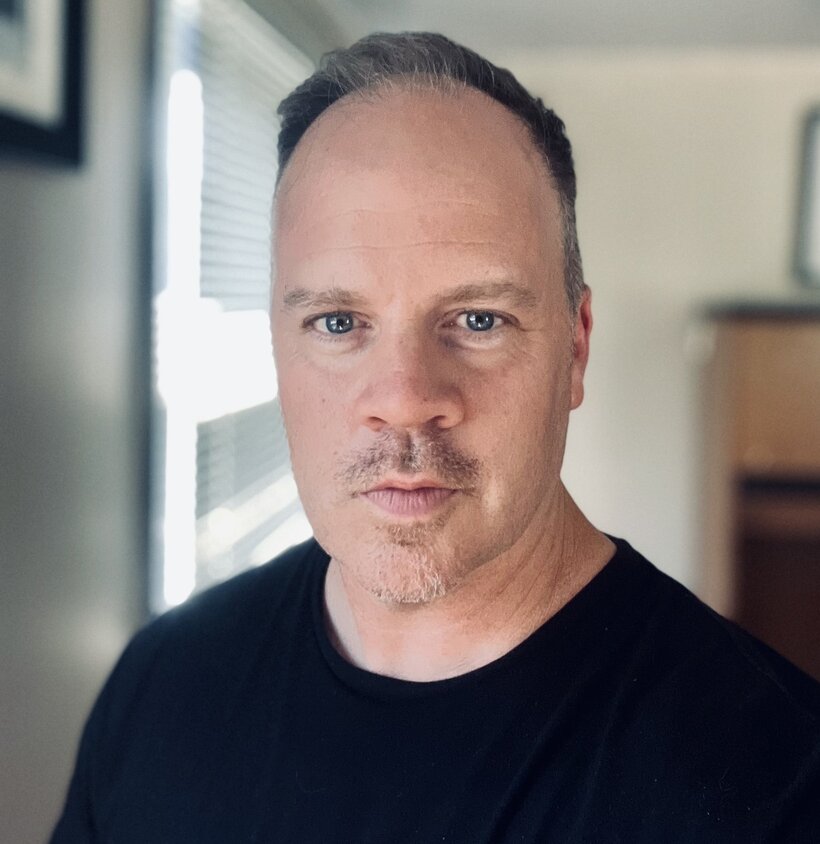After watching “The Sopranos” for the third time, I’m still trying to figure out what the show was about. It’s not about the mafia; it’s mostly about mortality. The mortality of human life, the death of America in its banal suburbs, and how humans react to circumstances. By the end, it included us all as viewers. Everything doesn’t have an answer.
HBO Max has quickly become a major player in the world of streaming television, offering an impressive array of original programming and licensed content. However, recently it merged with its parent company, WarnerMedia, marking the end of an era of the kind of shows that America needs.
Since its launch, HBO Max has distinguished itself by producing shows that explore complex, mature themes with a level of nuance and artistry that few other networks can match. From the political satire of “Veep” to the crime drama of “The Sopranos” and the epic fantasy of “Game of Thrones,” HBO Max has consistently pushed the boundaries of what can be done on television. But it goes beyond that.
One of the reasons why HBO Max has been so successful is its commitment to giving creative teams the freedom to tell their stories without interference from executives or advertisers. This approach has allowed the network to produce shows that tackle difficult issues head-on, including racism, sexuality, and mental illness. These shows have not only entertained audiences but also challenged them to think critically about the world around them.
However, the end of HBO Max could mark the end of this era of thought-provoking, high-quality television. With the merger of WarnerMedia and Discovery, it’s unclear what the future of the network will look like. It’s possible that the new entity will continue to produce top-notch programming, but it’s also possible that the focus will shift toward more commercial, mainstream content.
The potential loss of HBO Max is especially troubling in a time when American society is grappling with a range of complex issues, from political polarization to economic inequality to systemic racism. In such a climate, we need shows that challenge our assumptions and push us out of our comfort zones. We need shows that inspire us to think critically and engage with the world around us. We need shows that remind us of our common humanity and our shared aspirations.
We need shows like those that HBO Max has been producing. If the end of the network does mark the end of an era of this kind of programming, it will be a loss not just for the television industry but for American culture as a whole. The challenge now is to find new platforms and opportunities for the kind of thoughtful, insightful programming that has defined HBO Max. The future of television may be uncertain, but one thing is clear: America needs shows that can help us make sense of our complex, ever-changing world.
Showtime is excellent, but its shows never felt like a therapy session for America the way “The Sopranos,” “Six Feet Under,” “The Leftovers,” and “The Station Agent” all do. These are among my favorites that HBO has produced, and each explores complex themes that center around the human condition and the challenges we face as individuals and as members of society.
Looking at just these shows, their connective tissue is mortality. They all deal with death and the ways in which it impacts our lives and relationships. Whether it’s Tony Soprano trying to come to terms with his own mortality, the Fisher family running a funeral home, or the survivors of a global pandemic in “The Leftovers,” “Station Eleven,” and now with “The Last of Us,” these shows grapple with the profound impact that death has on us.
Another theme is family. All of these shows explore the dynamics of families and how they shape our identities and our relationships with others. Whether it’s the Soprano family’s criminal enterprise, the Fisher family’s funeral home, or the unconventional family that forms in “The Station Agent,” these shows examine the ways in which families can both support and challenge us.
Finally, these shows all tackle themes of identity, belonging, and the search for meaning and purpose in life. Whether it’s the characters in “Six Feet Under” grappling with their own personal demons or the survivors in “The Leftovers” searching for meaning in a world that’s been turned upside down, these shows all ask big questions about what it means to be human and how we find our place in the world.
Broadly speaking, although the HBO series may differ significantly in their respective topics, they share a common goal of delving into the intricacies and subtleties of the human condition. As we watch these shows from the comfort of our living rooms on a Sunday evening, the experience can feel akin to being in therapy but presented in an exciting and thrilling package, like a roller coaster ride. I can only hope the new overlords at Discovery don’t mess this up.
__________
Chris is a marketing consultant at readysteadyvt.com and a writer.

Christopher lives in Vermont with his wife, twin boys, border collie and corgi. He has owned a film production company, sold slot machines, and worked for Tony Robbins. He writes in his magical tiny house and sometimes writes in his blog at chrisrodgers.blog
Visit his author’s page.